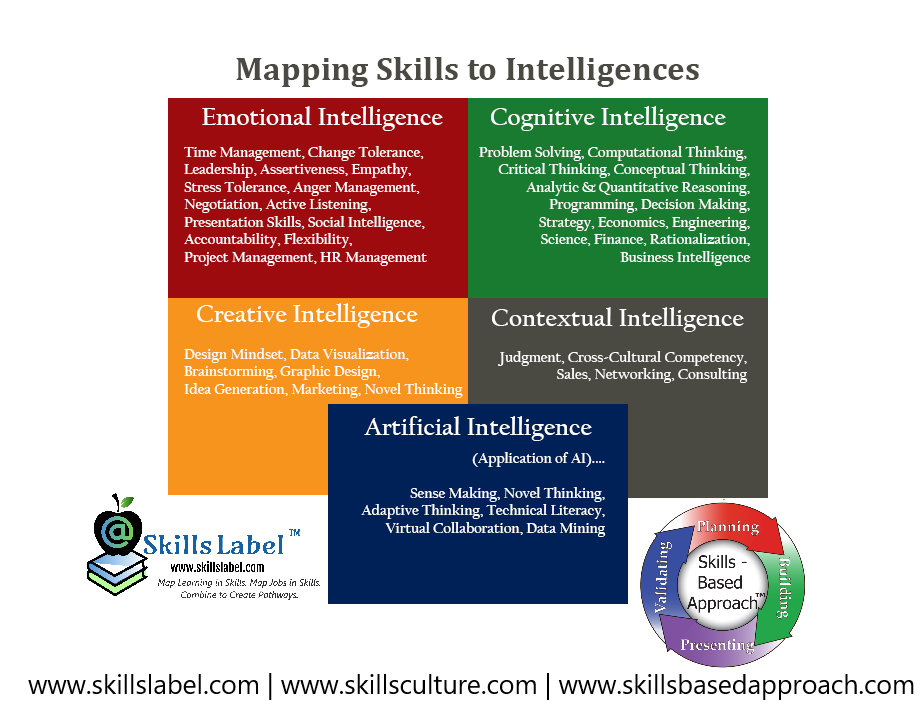Last week read commentary on how we should strive for connection as opposed to perfection. I find this comparison not only a question of personal growth, but the crux of learning. Working in the medium of skills for more than a decade now, I tried to think of a way to frame this in the context of skills. There is a clear delineation between applying technical and non-technical skills.
I am not sure if there is a technical skill, where a learner worker does not strive for perfection.
(After writing this, I thought of teaching – depends on whether you classify teaching as a technical skill or not and at what stage. Connection in teaching usually outweighs perfection. Leadership is fuzzy too – I categorize the skill as non-technical therefore favoring connecting, but some might classify the skill as highly technical.)
If you look at many of the emerging technical skills like programming, cybersecurity, and cloud computing. The goals are no errors in the code, no tolerance for breaches, and contingency plans for anything, respectively. The frame of mind is 100% perfection.
For traditional technical skills like engineering, accounting, legal analysis, or economics or classic traditional skills like welding or mechanics. These skills require precision (perfection). For some professions applying the skills properly is ethically required.
There is middle ground with many technical skills, where in applying them, a worker must also connect. Some of these skills include graphic design, user interface design, and marketing. Regardless, striving for perfection is a primarily goal. (Tell me perfection is not targeted in the graphics, layout, and interface in an app.)
(I am not suggesting a programmer whose code is not always perfect, should quit being a programmer. Aim to be reliable. The result is meant to be perfect – why there is also a coding review process.)
I am not sure with applying non-technical (soft) skills, where a learner or worker does not strive for connection.
If you look at many of the emerging non-technical skills like sense-making, social intelligence, cross-cultural competency, the primary objective is connection. Similarly traditional non-technical skills like leadership, communication, negotiation, empathy are also rooted in connection.
A well-rounded learner / worker should be equipped with a skill set of technical and non-technical skills. The proposal with learning labels is to define a task / experience with anywhere from one to ten skills, where there is a combination of both. This is significantly different than the commonly accepted view to concentrate on one skill a time (why our system is patent allowed).
(I think) Whether a person strives for perfection or connection is situational, depends on the experience.
In personal growth, I understand the danger in always striving for perfection and how connecting should be more satisfying (though not always). I advocate for the majority, not the minority. Learning labels set expectations and then progress; there is no differentiation regarding who uses them. They act as a guide and road map.
